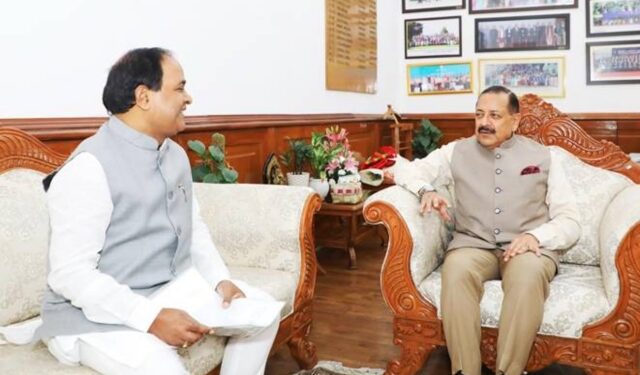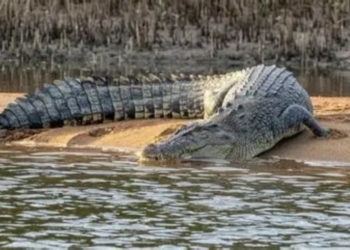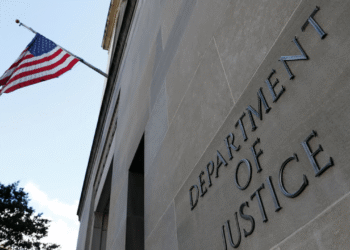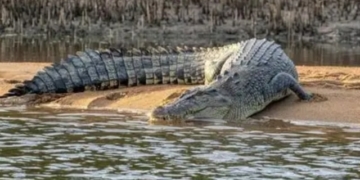In an effort to enhance scientific learning and innovation in eastern India, Odisha’s Minister for Food Supplies and Consumer Welfare and Science and Technology, Krushna Chandra Patra, met with Union Minister of State for Science and Technology, Dr. Jitendra Singh, in New Delhi today.
During the meeting, Patra sought central assistance for the establishment of a state-of-the-art Science City in Bhubaneswar.
The Odisha Government has offered 100 acres of land for the proposed Science City, which aims to foster scientific curiosity, innovation, and education, particularly among the youth. “We believe that central support will be instrumental in realising this vision,” Patra stated in a formal letter presented during the meeting.
The envisioned Science City is designed to be an interactive hub featuring modern exhibits, immersive learning environments, and research facilities. According to the Odisha Minister, this initiative aligns with the Government of India’s broader goal of promoting a scientific mindset and establishing India as a global leader in innovation.
In response to the proposal, Dr. Jitendra Singh welcomed the initiative and assured that officials from the Centre would discuss the modalities for moving forward. He also suggested strengthening Odisha’s existing scientific infrastructure, including CSIR laboratories and space research centers, to complement the proposed new initiatives.
In addition to the Science City, Patra put forward several other proposals. These include the establishment of an Astronomy Observatory, a Bay of Bengal Coastal Observatory under the Ministry of Earth Sciences, an Intellectual Property and Patent Facilitation Centre, and various projects under the Department of Biotechnology. The Minister also requested support for proposals under the National Council for Science Museums and the Ministry of Culture.
Dr. Jitendra Singh encouraged the Odisha delegation to explore partnerships under the Central Government’s Bio-E3 policy by establishing a Bio E-Cell in the state. He emphasised Odisha’s natural advantages, particularly in the coastal and mineral sectors, suggesting that these could be effectively utilised under national initiatives like the Deep Ocean Mission for the broader benefit of the public.
This meeting represents a larger effort to align state-level scientific initiatives with national policy priorities, highlighting the importance of cooperative federalism in advancing India’s science and technology landscape.





























